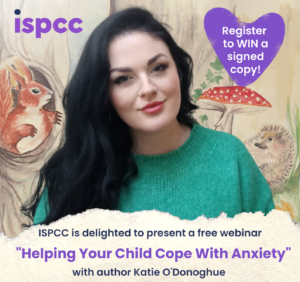
There are a lot of things you'll teach your child as they grow into teenagers but one of the most important is the lesson of consent.
Thankfully, times are changing and the issue of consent is now being discussed more openly but it’s not enough for children to only have a vague notion of what it is. If you’re worried that your child still isn’t sure, here are a few things you can do to help them navigate the subject.
- Ensure your relationship with your child is based on trust, safety, respect and communication.
- Use every-day interactions to normalize the concept of consent, by asking if your child would like a hug, or would like you to hold their hand.
- Respect a child’s right to say no to unwanted touch, such as tickling or hugging relatives.
- Encourage your child to respectfully ask for what they want, and support them to manage difficult emotions like disappointment and anger when their needs are not met or they are told ‘no’.
When the time comes that your child is actually in a relationship, make sure the conversation around consent continues and develops.
- Provide Good Quality Resources
Knowledge is power and ensuring your child has the correct information to clarify the concept of consent and legal definition is a crucial first step. - Chat To Them
It’s vital to foster open communication with your children when it comes to talking about awkward topics. Not only will it help them understand consent, it will also help them develop the skills they need to behave appropriately to perceived rejection. - Have a Healthy Attitude
The way you discuss sexuality and consent will have a major impact on your child. Nurture healthy and respectful attitudes towards others, and challenge any messages of victim-blaming that may be picked up through media or their peers. - If in Doubt, Ask
Inform the young person that clothing, flirting, unclear messages, sexting and other behaviours are not the same as consent. Never assume. Always ask the question “Is this OK?”
RESOURCES
Let’s Talk About Consent – a guide for young people exploring the topic of consent
Understanding consent in Irish Law: https://www.gov.ie/en/publication/28e12f-consent/
CONCERNS
If you are concerned about a child or young person who may have been sexually assaulted, you can access support through the CARI Helpline (Lo Call 1890 92 4567), a specialized National service for those concerned about or affected by child sexual abuse


